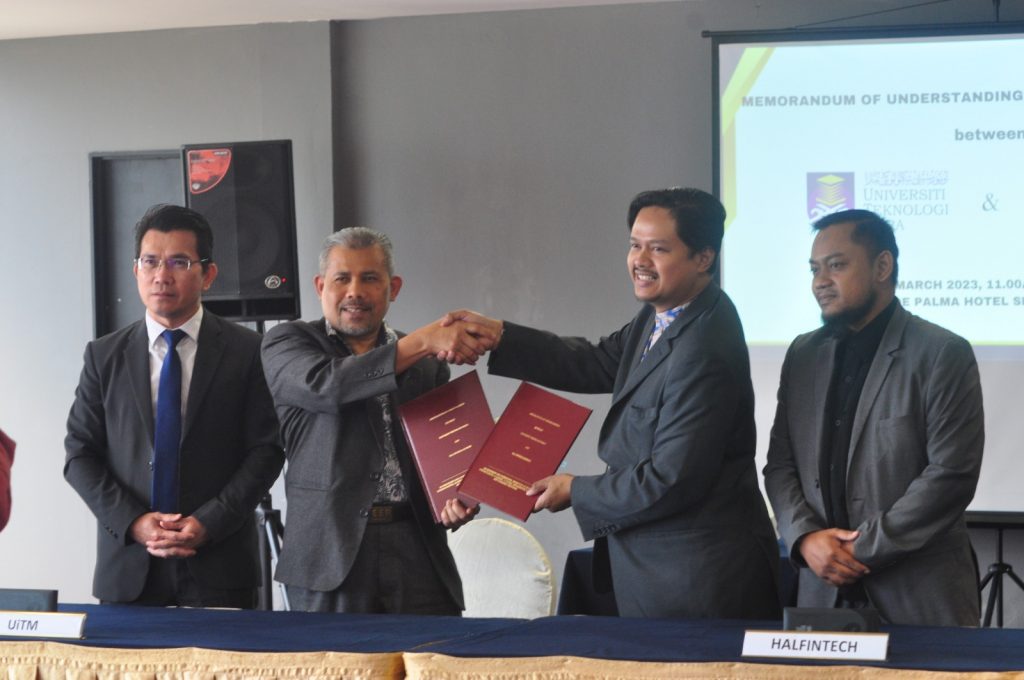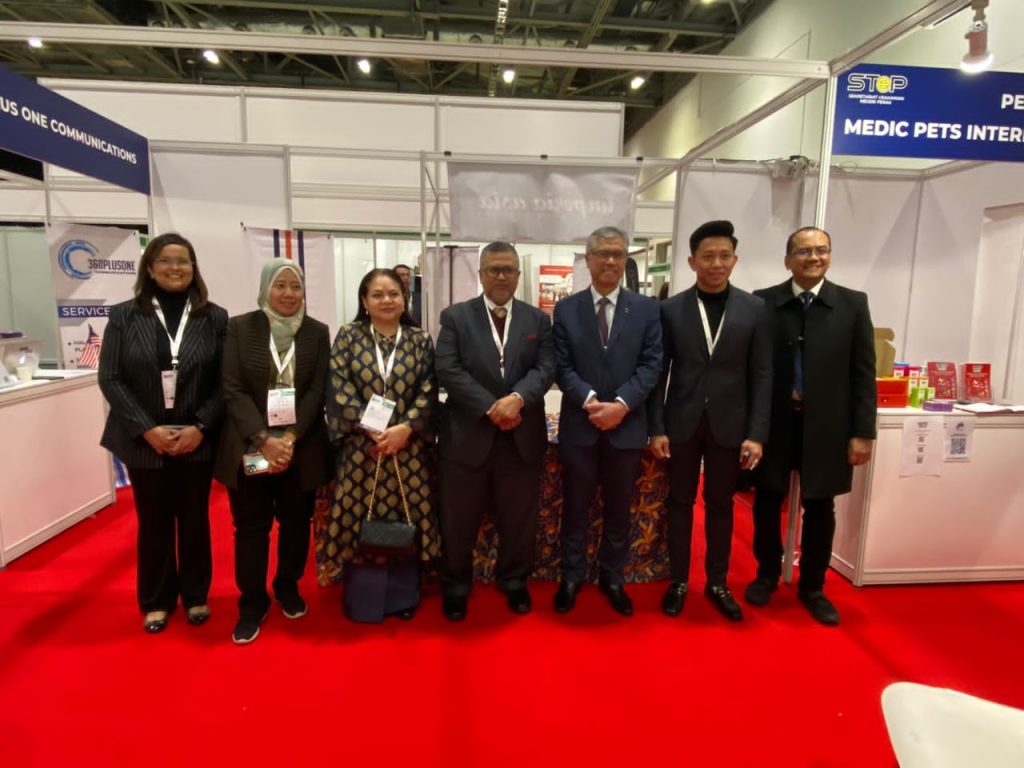KUALA LUMPUR: Nestlé (Malaysia) Bhd is running a high capacity Maggi noodles line at its Batu Tiga factory to cater to  Malaysian consumers.
Malaysian consumers.
According to a report, Malaysians consume 3.6 million packets of instant noodles a day, of which 1.4 million packets are that of the Maggi brand.
That translates to 511 million packets per year and Nestle supplies nearly half of the whole of Malaysia’s demand of 1.34 billion packets of instant noodles last year.
Therefore, Nestle’s manufacturing site in Shah Alam is one of the largest in Malaysia and the Nestle world, and Maggi Noodles Factory is the biggest noodle factory in the region.
The total investment for the factory is at RM90 million (S$29.3 million), where it produces more than two million packets of noodles everyday for local and overseas consumption.
For comparison, instant noodles sales cleared the 102-billion mark last year, and China alone accounts for 44 billion units sold last year.
“With a history of over 100 years in Malaysia, Nestle is committed towards investing in the country, and intensifying our marketing investment in the good times as well as during challenging economic periods because we believe in Malaysia’s vast potential for middle to long term growth,” said managing director Alois Hofbauer.
Nestle continues to invest in Malaysia, both through its business philosophy of Creating Shared Value (CSV) as well as investing in manufacturing facilities.
Over the past seven years, since 2008, Nestle has invested over RM1.5 billion in capex into expanding and enhancing its manufacturing and distribution capabilities in the end-to-end supply chain.
Meanwhile, its new Sri Muda factory, which cost a total investment of RM288mil, will boost its ready-to-drink capacity by over 50 per cent.
The factory produces liquid drink products including Milo, Nescafe and Nestle Omega Plus.
Nestle Malaysia is also the group’s halal centre of excellence as well as the biggest halal producer in the Nestle world.
It is the first market to apply for halal certification for all its food products, following the Malaysian Government’s introduction of voluntary halal certification in 1994.
“Our halal expertise and also our recognition as halal hub are big advantages for Nestle Malaysia, as there is a great demand for Halal products.
“All of Nestle Malaysia’s manufacturing facilities are 100 per cent halal. We produce and export Halal products to more than 50 countries across the globe.
“Our halal business in Malaysia is RM5 billion per annum including exports,” he said.
Furthermore, there is an increasing demand for halal products, which are currently exported to over 50 countries worldwide including the Middle East, Europe and Oceania.
An increased awareness on halal products has resulted in a robust demand growth, he added.
“Nestle Malaysia is well positioned to tap into strong prospects for the halal F&B industry regionally and globally,” he noted.
Kenanga Investment Research said that moving forward, more marketing campaigns will be launched in conjunction with new product launches as well as the Chinese New Year festival in the early first quarter next year.
“We laud the group’s aggressive marketing initiatives to counter the weak consumer sentiment while also further strengthening its strong branding position,” it said in a note recently.
The research house added that operating margin was able to expand 1.2 percentage points thanks to the favourable commodity prices which led to lower raw material costs for Nestle.
The group has indicated that the two most notable key raw materials that have been most favourable in terms of price movement are milk powder and coffee powder.
Nestle had mentioned that it would not resort to increasing the selling prices of products to ensure the brand remains competitive and affordable for consumers.
Also, Nestle has extended their hedge period, longer than usual to take advantage of the low commodity prices, according to Hong Leong Investment Research (HLIB).
The research house said this is also part of Nestle’s overall strategy to reduce the need to pass on price increases to consumers next year once their hedge rolls over, as they believe consumers are still too sensitive to accept price increases.
Nestle’s latest campaign, the Lagi Sihat, Lagi Happy campaign which ran in September, was part of Nestle’s ongoing efforts to give even greater value to Malaysian consumers while promoting healthier lifestyles.
Amongst the new product lines introduced in the third quarter this year is Kit Kat Green Tea, a premium Kit Kat variant originally from Japan.
HLIB Research said Kit Kat Green Tea was slated for export to the ASEAN market, with the Thailand launch happening at present, Vietnam next month and the Philippines and Indonesia slated for early next year.
– See more at: http://business.asiaone.com/news/nestle-ramps-instant-noodles-output-malaysians-eat-36-million-packets-day#sthash.oM8TwKOi.dpuf



